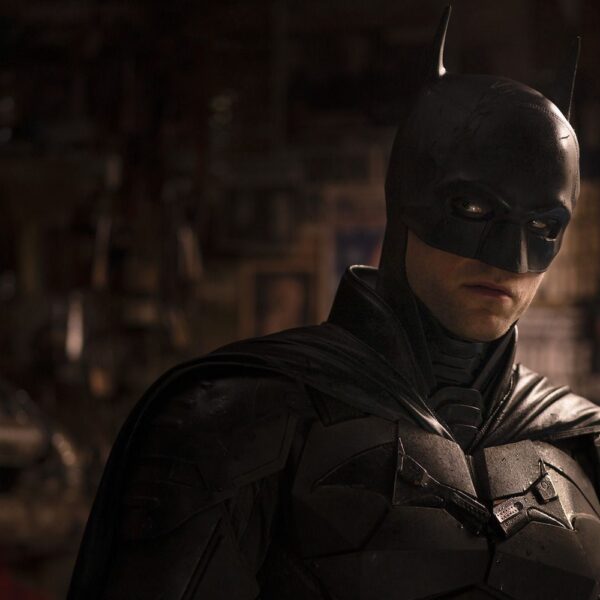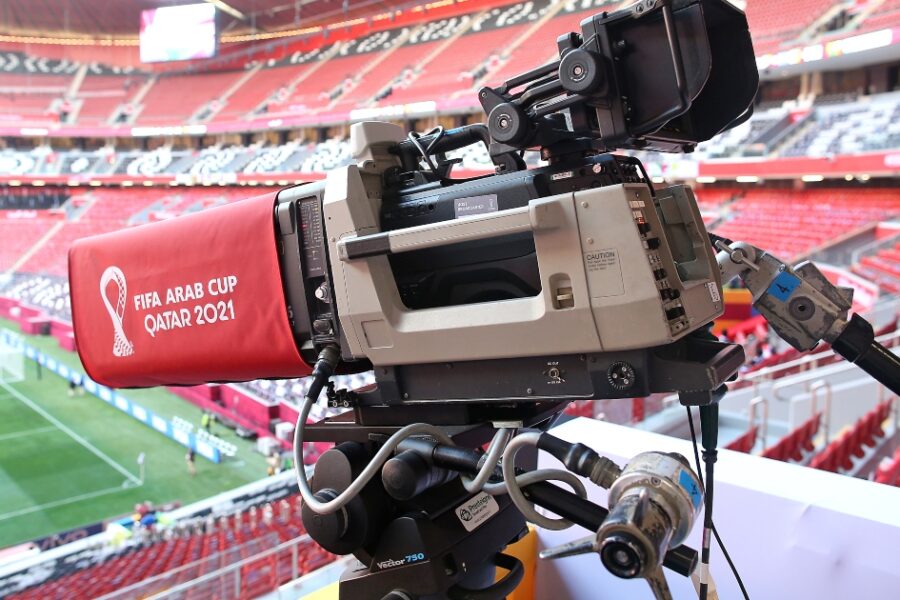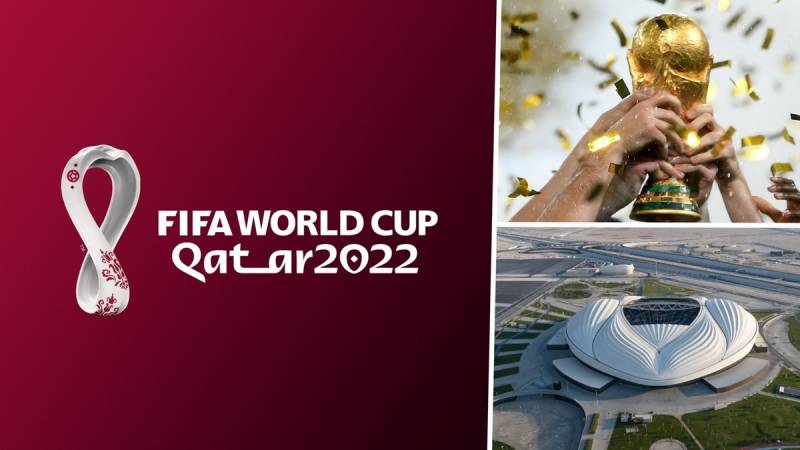World soccer’s global governing body suspended Russia and its teams from all competitions on Monday, ejecting the country from qualifying for the 2022 World Cup only weeks before it was to play for one of Europe’s final places in this year’s tournament in Qatar.
The suspension, which was announced Monday evening in coordination with European soccer’s governing body, also barred Russian club teams from international competitions. The decision came a day after FIFA was heavily criticized for not going far enough in punishing Russia for its invasion of Ukraine, and amid mounting demands from national federations for stronger action.
The initial pressure for an outright ban of Russia came from soccer officials in Poland, Sweden and the Czech Republic, whose national team faced the prospect of games against Russia in a World Cup playoff in March. Other countries and officials, including the federations representing France, England and the United States, quickly said they would not play Russia under any circumstances.
FIFA and its European counterpart, UEFA, said the ban on Russia would be in place “until further notice.”
“Football is fully united here and in full solidarity with all the people affected in Ukraine,” FIFA said in a statement. Ukraine’s team, which is set to play Scotland in its own World Cup playoff in March, will remain in the competition.
UEFA then went a step further in breaking its deep ties to Russia: It announced that it had ended a sponsorship agreement with the Russian energy giant Gazprom. The deal was worth a reported $50 million a year to European soccer.
UEFA had last week stripped St. Petersburg, the home of Gazprom, of this year’s Champions League final. The game will be played in France instead.
FIFA and UEFA decided to bar Russia only hours after the International Olympic Committee called for international sports federations to prohibit Russian athletes and teams from all global sporting events where possible. The Olympic officials said Russia had breached a commitment — known as the Olympic Truce, and signed before the start of the Beijing Winter Games and scheduled to run through the Paralympics that open this week — when it invaded Ukraine.
The immediate consequence of soccer’s ban on Russia is that it will lose its place in a four-team group for one of Europe’s final places for the World Cup. Poland, which was scheduled to play Russia in March in Moscow, had said flatly that it would refuse to take the field for the game, a stance it repeated after FIFA announced its initial slate of penalties on Sunday night.
Cezary Kulesza, the president of Poland’s soccer federation, called FIFA’s initial decision not to eject Russia “totally unacceptable.” In a post on Twitter, he added: “We are not interested in participating in this game of appearances. Our stance remains intact: Polish National Team will NOT PLAY with Russia, no matter what the name of the team is.”
Sweden and the Czech Republic, the teams that could have met Russia — also in Moscow — if the Russians beat Poland, said that they, too, would refuse to play, even at a neutral site.
The indefinite ban on Russia also extends to its club teams, meaning that Spartak Moscow, its last remaining participant in a continental competition, will no longer be able to compete in its Europa League knockout game against Germany’s RB Leipzig. That match was in doubt before Monday’s decision, with officials unsure how the Russian team could travel after the European Union issued a blanket ban on Russian flights into the 27-member bloc.
It remains unclear if the decision to exclude Russia will face a challenge in the courts. Russia, as well as some of its athletes, has in recent years successfully fought exclusion from other events, including the Olympic Games, by getting punishments watered down through appeals to the Court of Arbitration for Sport.
The Russian Football Union, known as the R.F.U., called the ban discriminatory, and said it was considering its legal options. “Such actions split the international sports community, which has always adhered to the principles of equality, mutual respect and independence from politics,” the F.R.U. said. “We reserve the right to challenge the decision of FIFA and UEFA in accordance with international sports law.”
Soccer’s largest players’ union, FIFPro, had earlier demanded Russia be thrown out, saying it backed all the nations that had called for the country’s expulsion from global soccer. “Today must mark a turning point for how sport engages with society, how it stands for democracy and human rights,” said the union, which represents 65,000 players worldwide. “A new approach, consistently applied, that rests on sport’s proclaimed values is urgently needed.”
Source: nytimes







Leave a Comment